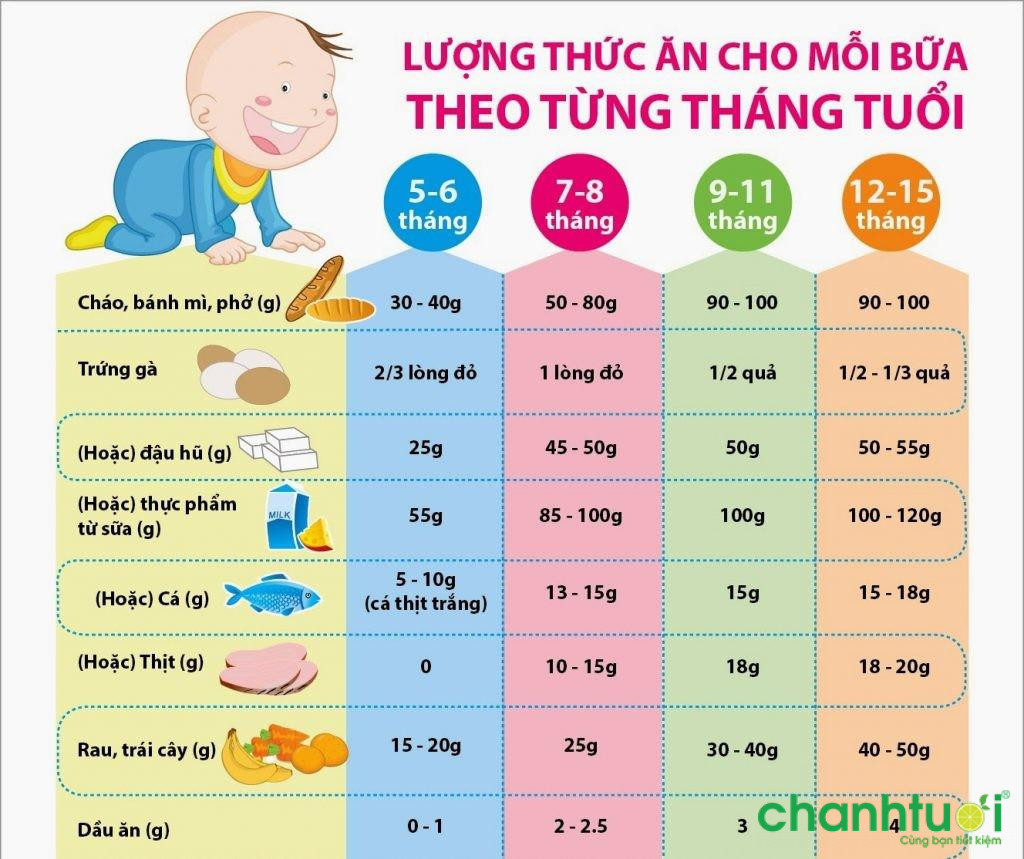[foxdark]
[Bữa ăn Cho Bé 2 Tháng Tuổi]

[Executive Summary]

This article is a comprehensive guide to feeding a 2-month-old baby. It covers the basics of breastfeeding, formula feeding, and introducing solid foods. The article also addresses common concerns and questions about feeding a baby at this age, such as how often to feed, how much to feed, and how to know if your baby is getting enough to eat.

[Introduction]
Feeding your 2-month-old baby is a crucial part of their development and growth. At this age, babies are still developing their digestive systems and learning to coordinate sucking, swallowing, and breathing. This article aims to provide you with helpful information and guidance on feeding your baby during this crucial period.
[What Are The Best Foods For A 2-Month-Old?]
At 2 months, your baby is still exclusively breastfed or formula-fed. Solid foods are not introduced until around 6 months of age.
- Breast milk is the ideal food for babies up to 6 months. It provides all the nutrients your baby needs for healthy growth and development.
- Formula is a good alternative if you are unable to breastfeed. There are different types of formulas available, so talk to your pediatrician about the best option for your baby.
- Water is not typically needed for babies under 6 months. However, if your baby is showing signs of dehydration, such as dry mouth, sunken eyes, or fewer wet diapers, talk to your pediatrician.
- Solid foods should not be introduced before 6 months of age. This is because your baby’s digestive system is not yet mature enough to handle solid foods.
[How Often Should I Feed My 2-Month-Old?]
Babies at this age often have a strong feeding instinct and will eat as needed. However, there are some general guidelines to follow.
- Breastfed babies may feed 8 to 12 times a day.
- Formula-fed babies may feed every 3 to 4 hours, with a total of 6 to 8 feedings per day.
- Your baby’s cues will be the best indicator of how often they need to eat. Look for signs like fussiness, rooting (turning their head and searching for the nipple), and sucking motions.
- Don’t worry if your baby feeds more or less frequently than the guidelines suggest. Every baby is different, and they will let you know when they’re hungry.
[How Much Should I Feed My 2-Month-Old?]
The amount of milk your baby needs will vary depending on their age, weight, and activity level.
- Breastfed babies will naturally take as much milk as they need.
- Formula-fed babies may need 2 to 4 ounces per feeding.
- Your baby’s cues are the best indicator of whether they are getting enough to eat. Look for signs like satisfied burping, a full diaper, and weight gain.
- Talk to your pediatrician if you have any concerns about your baby’s weight or feeding habits.
[How Do I Know If My Baby Is Getting Enough To Eat?]
There are a few signs that your baby is getting enough to eat.
- Weight gain: Your baby should be gaining weight steadily.
- Wet diapers: Your baby should have 6 to 8 wet diapers per day.
- Satisfied burping: Your baby should be able to burp easily after feeding.
- Alertness: Your baby should be alert and active when they are not feeding.
[FAQ]
1. Should I Be Concerned If My Baby Is Not Feeding As Often As The Guidelines Suggest?
Don’t worry too much about the guidelines. Every baby is different, and they will let you know when they are hungry. If you are concerned, talk to your pediatrician.
2. Can I Give My Baby Water At This Age?
Babies under 6 months typically don’t need water. Breast milk or formula provides all the hydration your baby needs. However, if your baby is showing signs of dehydration, talk to your pediatrician.
3. Is It Okay To Introduce Solid Foods Before 6 Months?
No, it is not recommended to introduce solid foods before 6 months of age. Your baby’s digestive system is not yet mature enough to handle solid foods.
[Conclusion]
Feeding your 2-month-old baby is a crucial part of their growth and development. Breast milk or formula provides all the nutrients your baby needs. As your baby grows, you will notice changes in their feeding habits. Pay attention to your baby’s cues and talk to your pediatrician if you have any concerns.
[Keywords]
- Feeding a 2-month-old
- Breastfeeding
- Formula feeding
- Baby feeding schedule
- Signs of dehydration